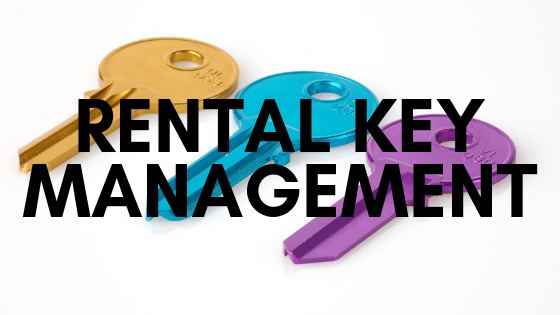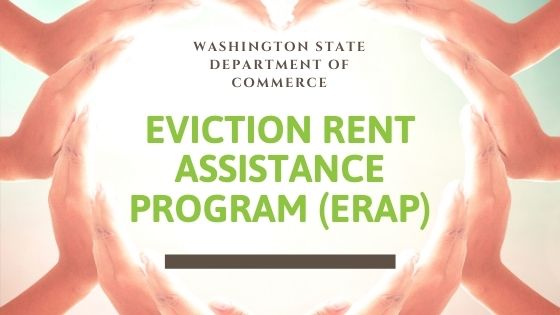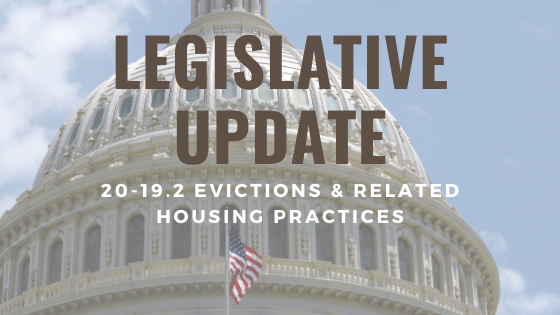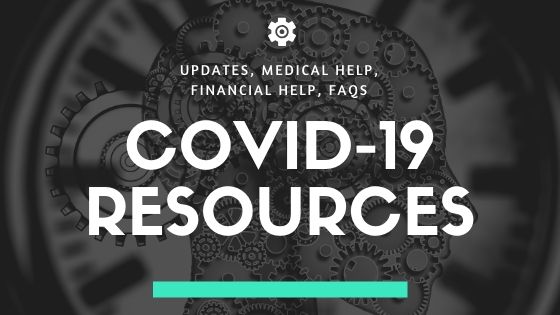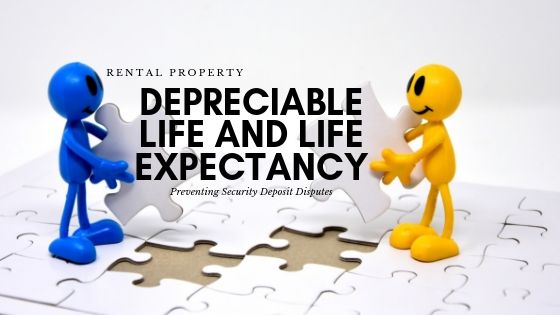Have you ever stopped to think about the importance and significance of functioning locks and keys at a rental?
Locks and keys for rental properties can be a nemesis for landlords and tenants. Everybody loves locks and keys until a tenant, a vendor or you are unexpectedly locked out due to a poorly functioning lock, the wrong key, a poorly cut key, or being accidentally locked out by a lower locking handle. When a lock problem comes up, it's often necessary to drop everything to resolve the issue at hand.
In Washington state, RCW 59.18.060 spells out landlord responsibilities as follows:
- (6) Provide reasonably adequate locks and furnish keys to the tenant;
- (7) Maintain and safeguard with reasonable care any master key or duplicate keys to the dwelling unit;
What does "reasonably adequate" mean? What does "reasonable care" mean when maintaining and safeguarding keys? Poorly functioning locks as well as keys in the wrong hands potentially jeopardize the safety of your tenant, your property and our staff, so we have implemented policies to address the law and provide tenants with the access they need.
- Locks must work well with all keys
- Locks are rekeyed to prohibit entrance by anyone granted access prior to the new tenant
- All locks at the residence are keyed the same whenever possible so if one lock stops working, tenants could still gain access through another exterior door without carrying more than one key
- Keys are coded with a naming convention not obvious to anyone other than our staff
- Keys do not leave the office during tenancy unless absolutely necessary (urgent repair, planned access for an inspection) and must be checked in and checked out
- Keys are stored in a locking cabinet when not in use
- Deadbolts are installed on all exterior doors
- Repairs or replacements are made promptly after any report of a lock not functioning as expected
- Tenants are in charge of coordinating with vendors to provide access to make repairs
Another common problem we discovered over the years was the need to prevent accidental lockouts. Over the years, tenants accidentally locked themselves out with a lower locking handle. Tenants have unknowingly engaged the lock when walking out to get the mail. Young children, on more than one occasion, have successfully locked a parent outside the house by playing with the fun buttons on the lower locking handles. That panic over being locked out then led to tenants trying to crawl in windows, waiting for hours outside for someone else to come home or pounding on the doors of neighbors to get someone to call for help. For those taking special medications or those with young children alone in a house, the accidental lockout became a serious safety concern. Whenever reasonable, lower locking handles are replaced with non-locking handles.
When locks and keys are treated with great respect, frustrations and safety concerns can be avoided.
Our mission is to create simple and trustworthy systems to prevent problems, minimize the impact of problems when they do occur and maximize the happiness for all connected through a rental property.



